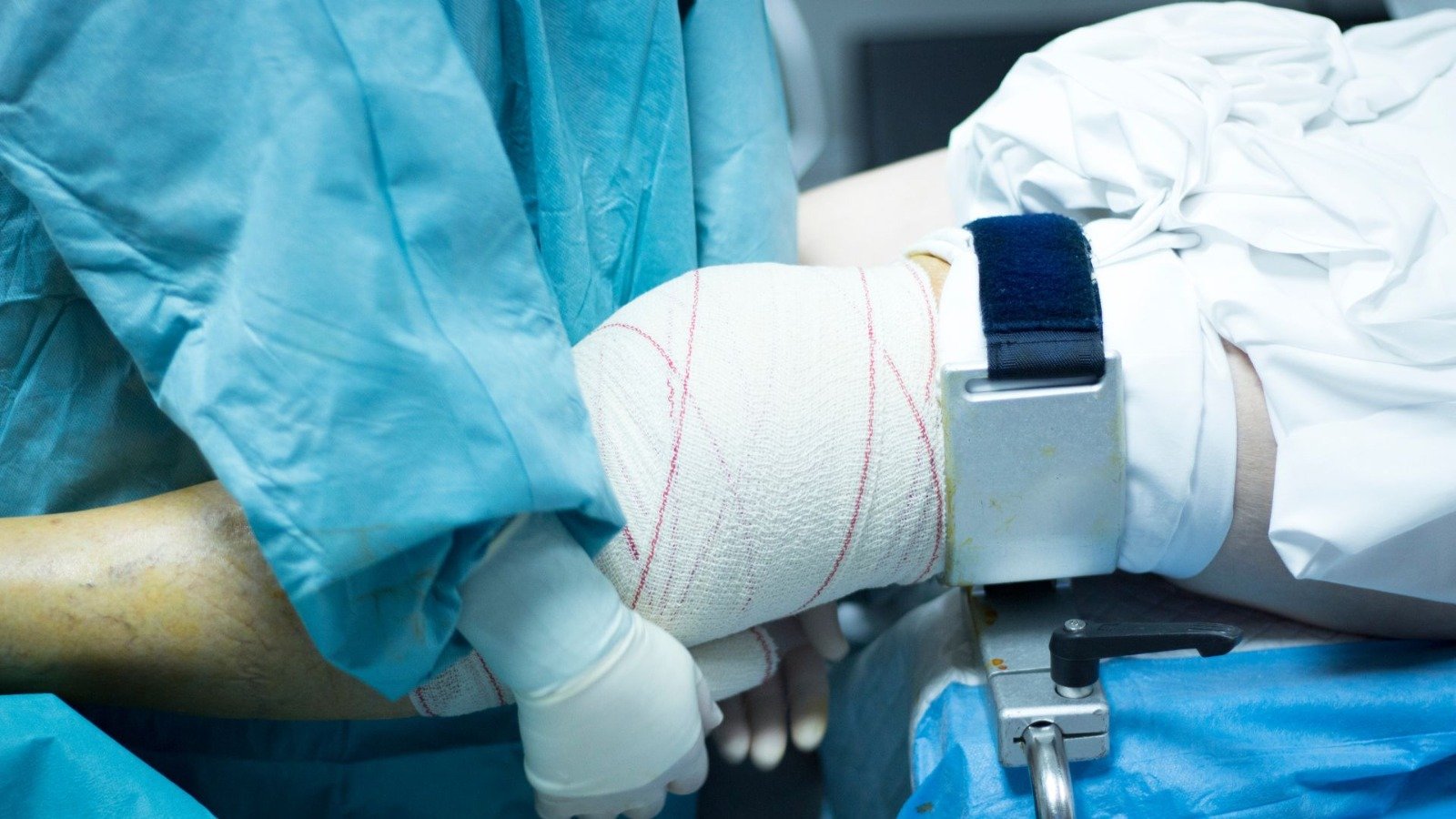Introduction:
Orthopedic surgery is a specialized field of medicine that focuses on the diagnosis, treatment, and rehabilitation of conditions affecting the musculoskeletal system. This includes bones, joints, ligaments, tendons, muscles, and nerves. Whether you’re dealing with a sports injury, arthritis, or a congenital condition, orthopedic surgery may be a solution to improve your quality of life and restore mobility. In this comprehensive guide, we’ll explore everything you need to know about orthopedic surgery, from its various types to what to expect before, during, and after the procedure.
Types of Orthopedic Surgery:
Orthopedic surgery encompasses a wide range of procedures tailored to address specific musculoskeletal issues. Some common types of orthopedic surgeries include:
- Joint Replacement: This involves removing damaged or diseased parts of a joint, such as the knee or hip, and replacing them with artificial implants made of metal, plastic, or ceramic. Joint replacement surgery can significantly alleviate pain and improve joint function, particularly in patients with severe arthritis.
- Arthroscopy: Arthroscopic surgery involves using a tiny camera and specialized instruments inserted through small incisions to diagnose and treat various joint problems, such as torn cartilage, ligament injuries, and inflammation. It’s a minimally invasive approach that typically results in faster recovery times and less scarring.
- Spinal Surgery: Spinal surgery encompasses procedures aimed at treating conditions affecting the spine, such as herniated discs, spinal stenosis, and degenerative disc disease. Depending on the specific issue, spinal surgery may involve decompression, fusion, or the placement of spinal implants to stabilize the spine.
- Fracture Repair: Orthopedic surgeons are skilled in realigning and stabilizing fractured bones using surgical techniques such as internal fixation (e.g., screws, plates) or external fixation (e.g., pins, external frames). Fracture repair aims to promote proper healing and restore the affected bone’s strength and function.
- Soft Tissue Repair: This category includes surgeries to repair damaged ligaments, tendons, and muscles, commonly performed to address injuries like rotator cuff tears, ACL tears, and tendon ruptures. These procedures may involve suturing, grafting, or reconstructing the affected tissues to restore stability and function.
Finding an Orthopedic Doctor in Delhi NCR:
If you’re in need of orthopedic care in the Delhi National Capital Region (NCR), it’s crucial to find a skilled and experienced orthopedic doctor who can provide personalized treatment and comprehensive care. With numerous healthcare facilities and providers in the region, choosing the right orthopedic specialist can seem daunting.
When searching for an orthopedic doctor in Delhi NCR, consider the following factors:
- Credentials and Expertise: Look for orthopedic surgeons who are board-certified and have extensive experience in performing the type of surgery you require. Check their credentials, education, training, and any specialized certifications they may hold.
- Reputation and Patient Reviews: Research the orthopedic surgeon’s reputation within the medical community and read patient reviews to gauge their quality of care, bedside manner, and overall satisfaction with the treatment received.
- Hospital Affiliations: Consider the hospital or healthcare facility where the orthopedic surgeon practices. Opt for a reputable hospital known for its advanced orthopedic services, state-of-the-art facilities, and patient-centered approach.
- Accessibility and Convenience: Choose an orthopedic doctor located conveniently within the Delhi NCR area, with accessible clinic hours and minimal wait times for appointments. Ensure that the facility offers convenient amenities such as parking, online appointment scheduling, and telemedicine options.
- Personalized Care Approach: Seek an orthopedic surgeon who takes a personalized approach to patient care, considering your unique needs, preferences, and treatment goals. A compassionate and communicative doctor who listens attentively to your concerns can make the surgical journey more comfortable and reassuring.
Preparing for Orthopedic Surgery:
Once you’ve selected an orthopedic doctor in Delhi NCR and scheduled your surgery, it’s essential to prepare yourself physically, mentally, and logistically for the procedure. Here are some tips to help you get ready:
- Follow Preoperative Instructions: Your orthopedic surgeon will provide specific instructions to prepare for surgery, such as fasting before the procedure, stopping certain medications, and completing any necessary preoperative tests or screenings.
- Arrange Transportation and Support: Plan for transportation to and from the hospital or surgical center on the day of surgery, as you may not be able to drive yourself home afterward. Additionally, enlist the support of family members or friends to assist you during the recovery period.
- Prepare Your Home: Make your home environment safe and comfortable for postoperative recovery by removing tripping hazards, arranging essential supplies within reach, and setting up a designated recovery area with ample rest and relaxation space.
- Address Any Concerns: If you have any questions or concerns about the surgery, anesthesia, or recovery process, don’t hesitate to discuss them with your orthopedic surgeon or healthcare team. Open communication is essential for ensuring a successful outcome and peace of mind.
Conclusion:
Orthopedic surgery offers hope and relief for individuals suffering from musculoskeletal conditions that impair mobility, cause pain, and affect quality of life. By understanding the different types of orthopedic surgeries, finding the right orthopedic doctor in Delhi NCR, and adequately preparing for the procedure, patients can embark on their surgical journey with confidence and optimism. Remember to prioritize your health, follow your doctor’s recommendations, and stay committed to your recovery for the best possible results.
